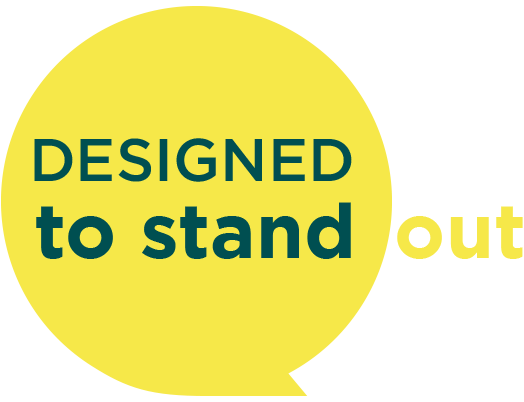“It’s not easy being green” as MBD has discussed in the past, BUT the industry IS changing for the better and we saw it first-hand this past week as proud sponsors of Retail Brands Institute Sustainability Summit 2021!
There is so much to do, so many great ideas, so many places to start on the sustainability journey, we know how it can be overwhelming. The post-covid era is the perfect time to start setting sustainability goals and start the conversation within your own organization, as consumers are more engaged than ever before and are using their buying power for change!
Some of the most standout ideas I gathered from the summit:
- Start with a logo, How2Recycle: H2R logos are not just the entry point on the sustainability journey any longer; CVS, Walmart and Sprouts Farmers Market are just some of the retailers making moves to set the bar higher and are working toward including this logo on every private label package they can moving forward. Set that bar.
- EPR: Extended Producer Responsibility is a law started in the state of Maine that requires big corporations and manufacturers to help pay for the cost of recycling their wasteful packaging. EPR program implementation has expanded beyond Maine, as outlined in the map below. Take some of the recycling cost responsibility off the municipalities and put it back on the manufacturers? Interesting.
- Loop: Return-Refund-Repeat packaging as a global business model. Loop helps retailers and brands to launch products using reusable materials such as glass, stainless steel, and reusable plastic; customers can return the empty packaging to the store or any return point so they can be refilled and used again. Loop trials are being adopted in Europe, Canada, Japan and in the US with select Kroger stores. Encouraging.
“Sustainability” EXTENDS further than just the planet- it’s the people, our health & well-being!
Key vocabulary words used in quite a few of the discussions throughout the conference:
Net Positive: “Net Positive is a new way of doing business which puts back more into society, the environment and the global economy than it takes out. Organizations that take a Net Positive approach share an ambition to grow their brand, have strong financial performance and attract the brightest talent”. – Source: Forum of the Future
Source: www.forumofthefuture.org
Circular Economy: “A circular economy aims to redefine growth, focusing on positive society-wide benefits. It entails gradually decoupling economic activity from the consumption of finite resources and designing waste out of the system. Underpinned by a transition to renewable energy sources, the circular model builds economic, natural, and social capital.
It is based on three principles:
-Design out waste and pollution
-Keep products and materials in use
-Regenerate natural systems”
Source: Jhl-solutions.com
Climate Neutral: “Climate neutrality can be achieved if CO₂emissions are reduced to a minimum and all remaining CO₂emissions are offset with climate protection measures. If climate-damaging greenhouse gases are completely avoided or if gases that have already been emitted are saved elsewhere, this is referred to as ‘climate-neutral’.”
Source: myclimate.org
Single-Use Plastics: “Single-use plastics, or disposable plastics, are used only once before they are thrown away or recycled. These items are things like plastic bags, straws, coffee stirrers, soda and water bottles and most food packaging.”
Source: Plasticfreechallenge.org
We want to extend a big thank you to all who were involved in RBI’s Sustainability Summit! Each speaker uniquely provided helpful insights, new ways of understanding things, or simply inspiration as we continue to live out our passion for this topic. We’re excited to keep this conversation going!
![[Image: logo]](/sites/marketingbydesign/themes/zen_mbdesign_v3/images/asset_nav_mbd_logo@2x.png)
